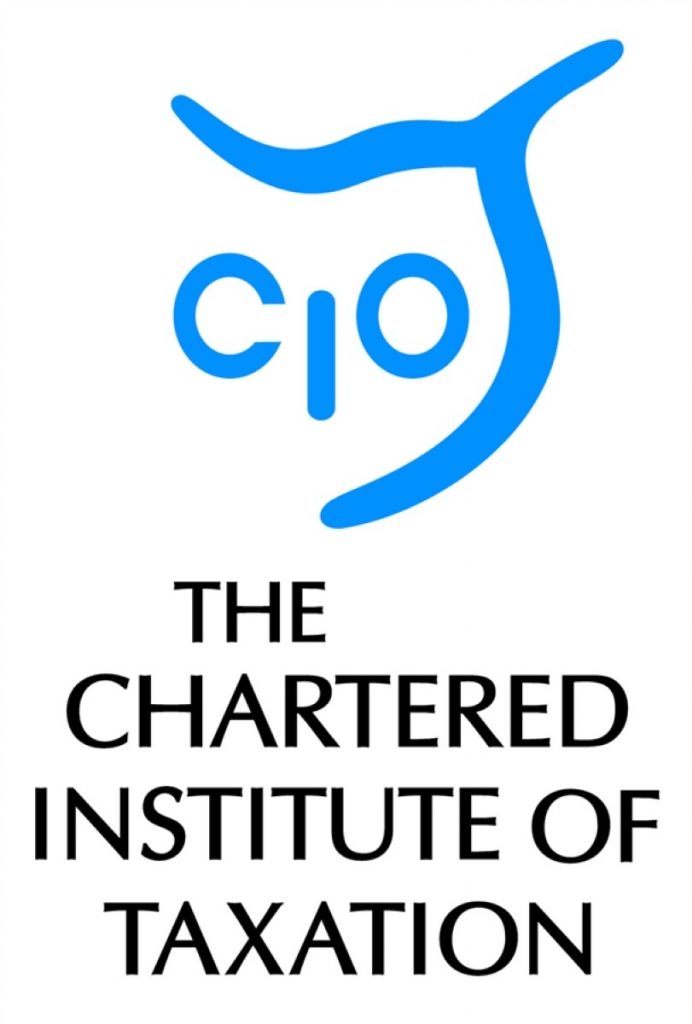Huge flexibility introduced to pensions – including the ability to spend it too soon
The Chartered Institute of Taxation has welcomed the increased flexibility for pension schemes likely to become effective from April 2015 but warns that this may lead to problems for people in the later years of their life. They also emphasise the need to obtain good quality advice on what, for many people, will be the biggest financial decisions of their life.
Measures in today’s Budget would mean:
· Everyone can contribute up to £40,000 a year into their pension with full tax relief at their highest rate.
· When they reach 55 they can draw out as much or as little as they like each year. 25% of the pot can be taken out tax free and the other 75% will be taxed as normal income at whatever tax rate is payable at that time. If they wish to they can buy an annuity to give an income stream but there is no requirement to do so.
· It will be the duty of the Pension provider to give free independent financial advice so that the person can make informed decisions about how much to take out and when to do it.
CIOT Tax Policy Director Patrick Stevens commented:
“This is a huge change to the rules on tax advantaged pension schemes.
"Most people are likely to have lower tax rates when they take the money out than when they put it in, even for the 75% that will be taxable. The fact that there will be complete flexibility over drawing money out and no need to buy an annuity, should make the attractions of saving in this way irresistible.
“More money is likely to pour into pension schemes, especially in years coming up to retirement. This flexibility will have its drawbacks for some people. The current rules ensure that, generally, people leave sufficient in their pension pots to pay for their later years of retirement. There will surely be more cases in the future where people have used up their savings and rely on the state to look after them.
“Good quality advice, such as that which can be provided by the CIOT’s members, will be crucial in helping people make the right decisions for their retirement.”
Notes to editors:
1. The Chartered Institute of Taxation
The Chartered Institute of Taxation (CIOT) is the leading professional body in the United Kingdom concerned solely with taxation. The CIOT is an educational charity, promoting education and study of the administration and practice of taxation. One of our key aims is to work for a better, more efficient, tax system for all affected by it – taxpayers, their advisers and the authorities. The CIOT’s work covers all aspects of taxation, including direct and indirect taxes and duties. Through our Low Incomes Tax Reform Group (LITRG), the CIOT has a particular focus on improving the tax system, including tax credits and benefits, for the unrepresented taxpayer.
The CIOT draws on our members’ experience in private practice, commerce and industry, government and academia to improve tax administration and propose and explain how tax policy objectives can most effectively be achieved. We also link to, and draw on, similar leading professional tax bodies in other countries. The CIOT’s comments and recommendations on tax issues are made in line with our charitable objectives: we are politically neutral in our work.
The CIOT’s 17,000 members have the practising title of ‘Chartered Tax Adviser’ and the designatory letters ‘CTA’, to represent the leading tax qualification.





-01.png)